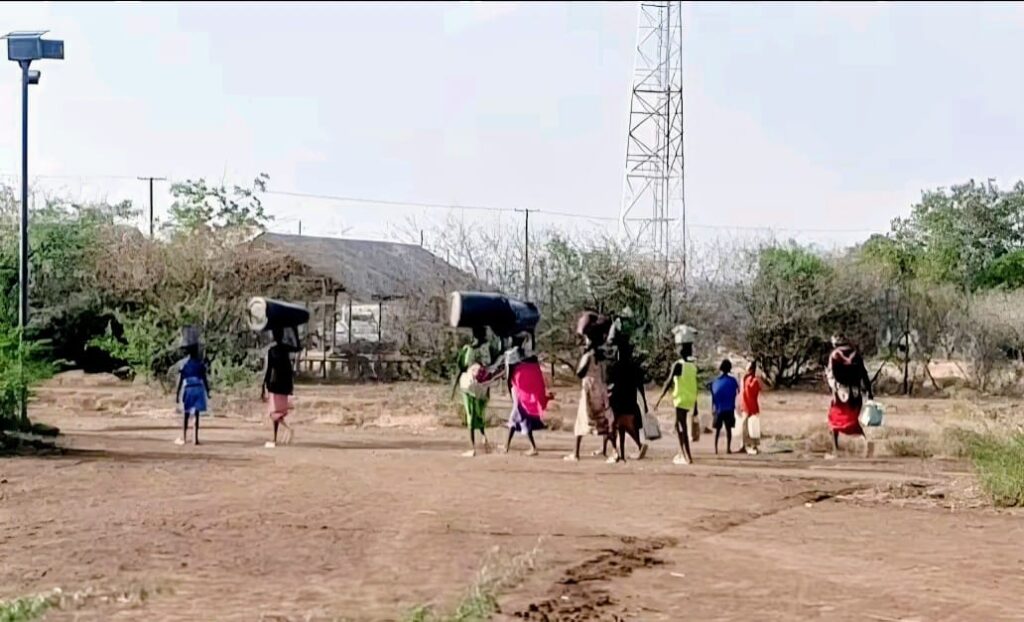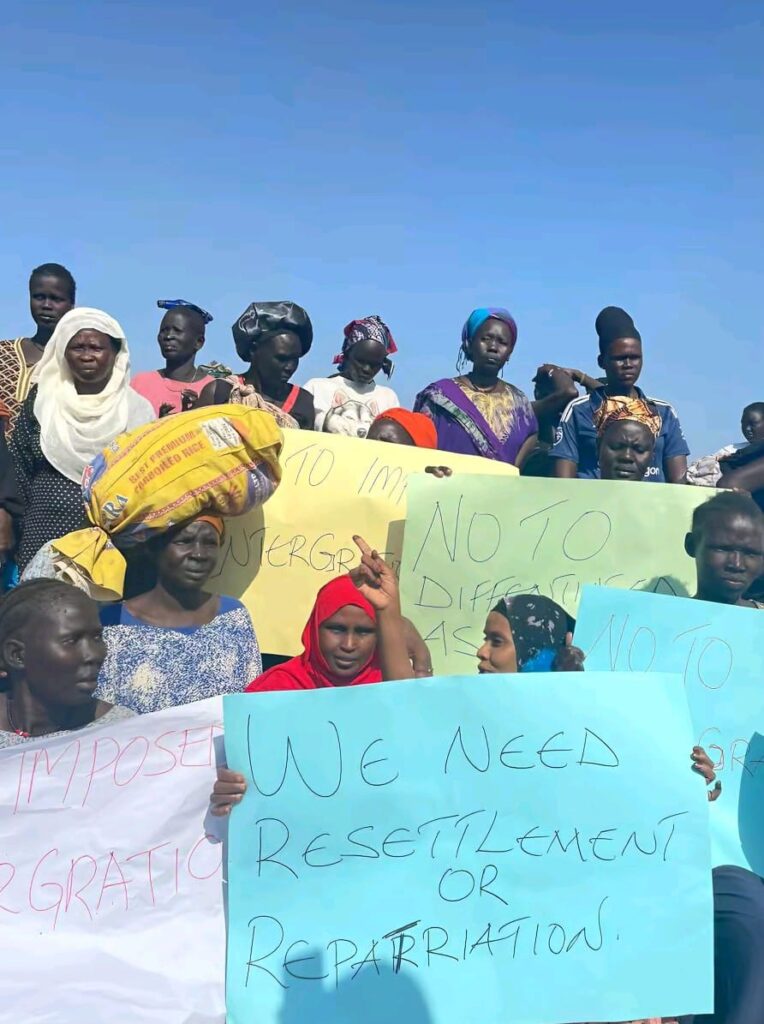Category Three and Four Refugees Left Without Hope in Kakuma and Kalobeyei
South Sudanese Choosing to Walk Home
In Kakuma and Kalobeyei refugee camps, life has become unbearable for Category Three and Category Four refugees. Many south Sudanese have decided to walk back to their home country on foot since the border is close. They leave behind the title they have in the camp, hoping to at least survive in their homeland where they may find relatives and a small chance of support regardless of fighting issues in their country. When hunger come fighting becomes dinner issue.

Faraway Refugees Trapped in Hunger
For other refugees in the camp, the situation is worse. Somalis, Ethiopian, Congolese, Rwandese, Brundians and Libyans can not simply foot to their countries because they are miles away. With no food support and no Bamba chakula the small cash UNHCR used to assist them, they feel trapped and forgotten.
Mothers and Father’s watch their children cry from hunger. It has become a daily disaster and sorrow to their lives since UNHCR announced these categories. Young people see their dreams of education and a better future disappear day by day. The camp, once a place of safety, has now turned into a place of despair.
Calls for Repatriation and Resettlement
These refugees are raising their voices in protest. They demand either Repatriation to their homelands or Resettlement in up countries where they can live in peace and a better life. Many refugees are requesting to be considered for relocation to United States, Canada or other prosperous nations that have given hope to Refugees before.
The protests in Kakuma and Kalobeyei show the deep frustration among Category Three and Category Four refugees. Their cries are not only for food but for dignity, for opportunity and for recognition as human beings who deserve a future.

A Plea to the International Community
Refugees are not asking for luxury. They are only asking for food, safety and a fair chance to live. It is now upon the international community, UNHCR and world leaders to hear their voices before despair turns into tragedy. The world must act either by restoring food aid, allowing safe voluntary repatriation or giving resettlement opportunities in developed countries. Without action, the suffering in Kakuma and Kalobeyei refugees will only grow deeper.

